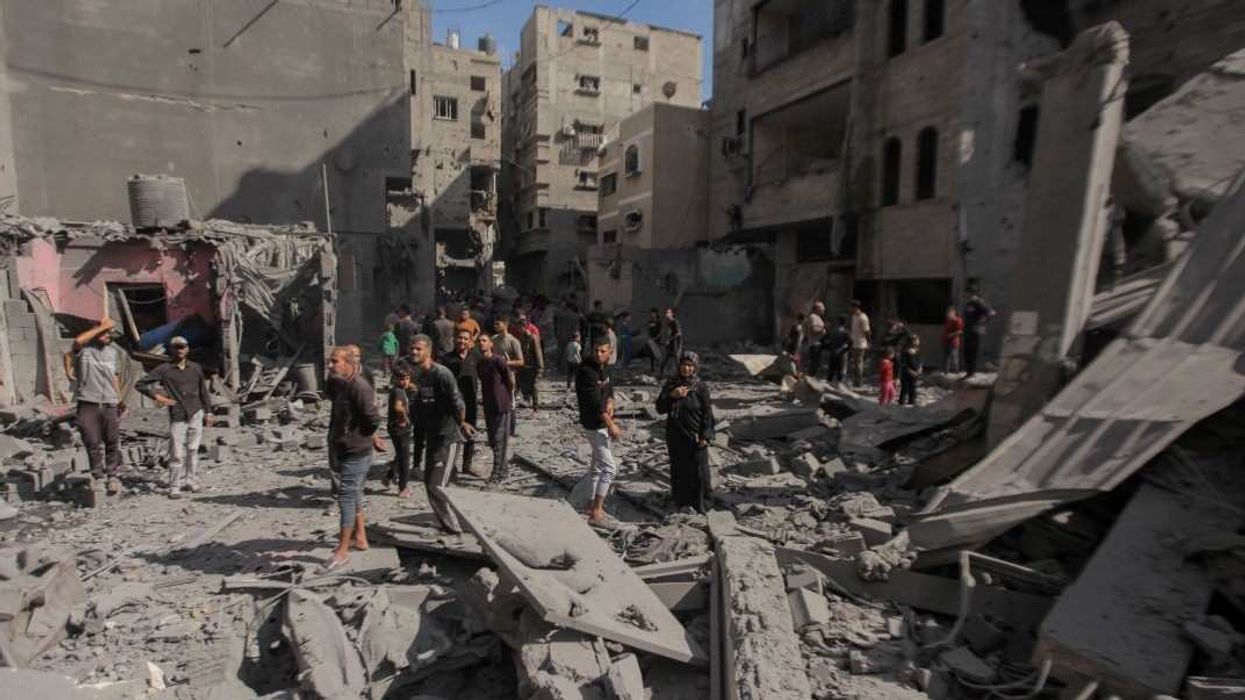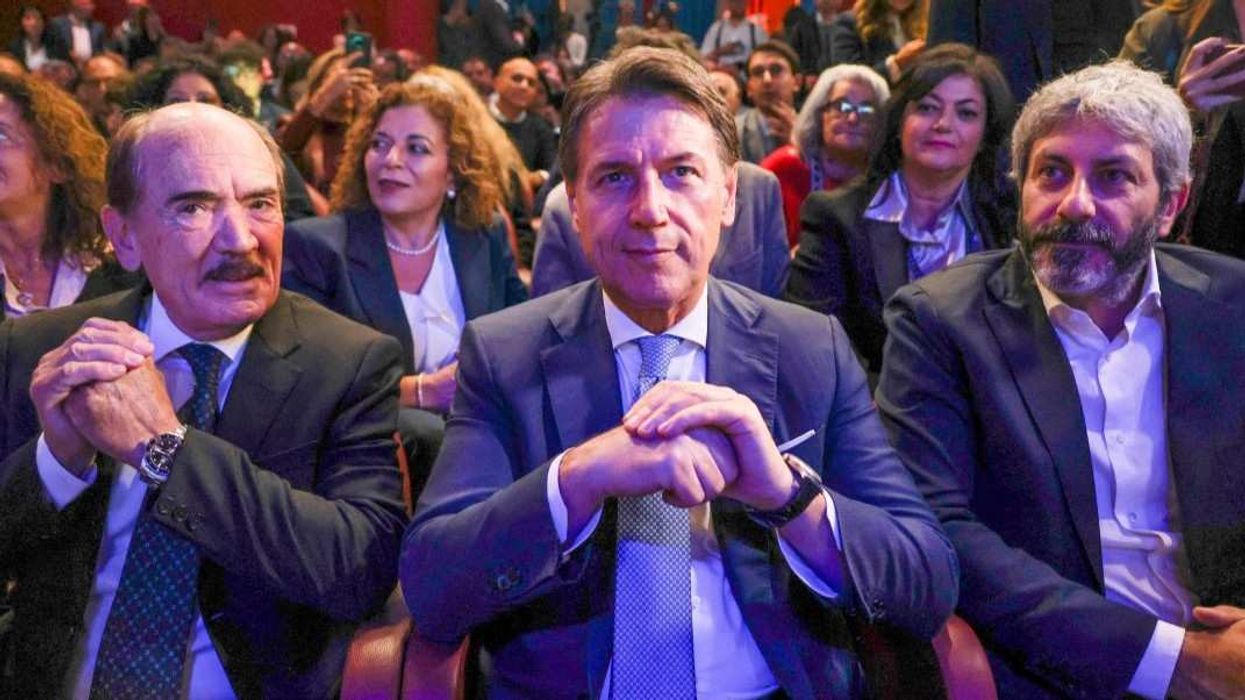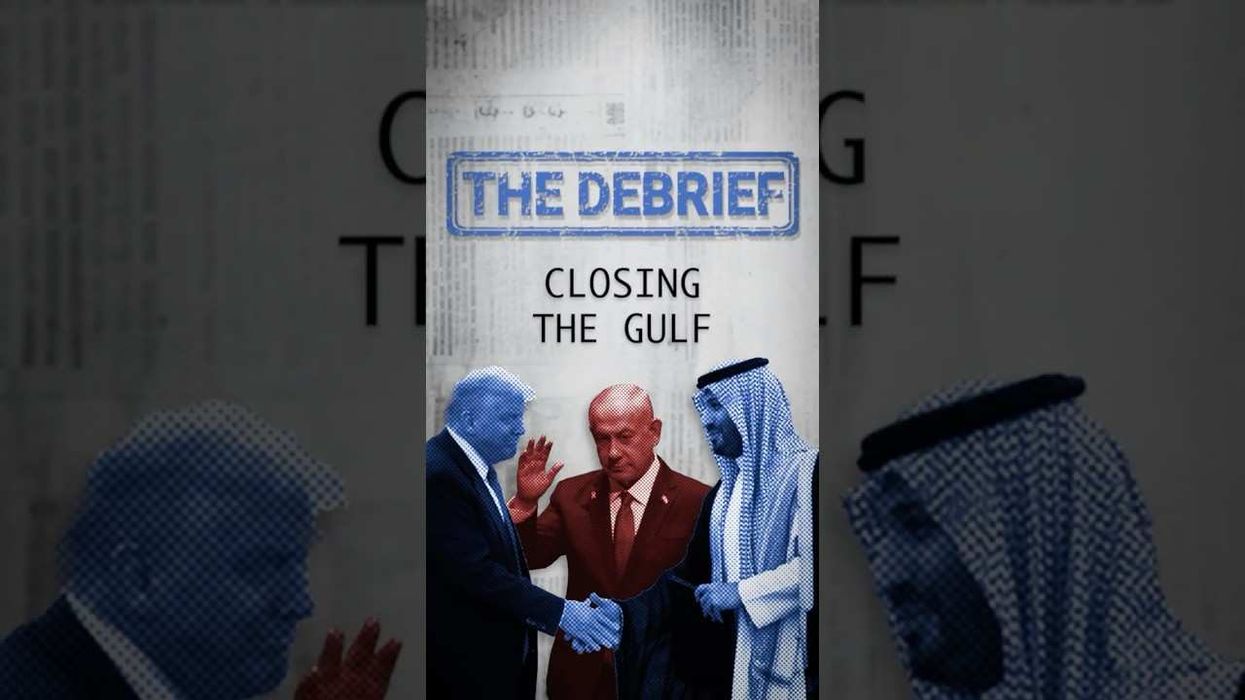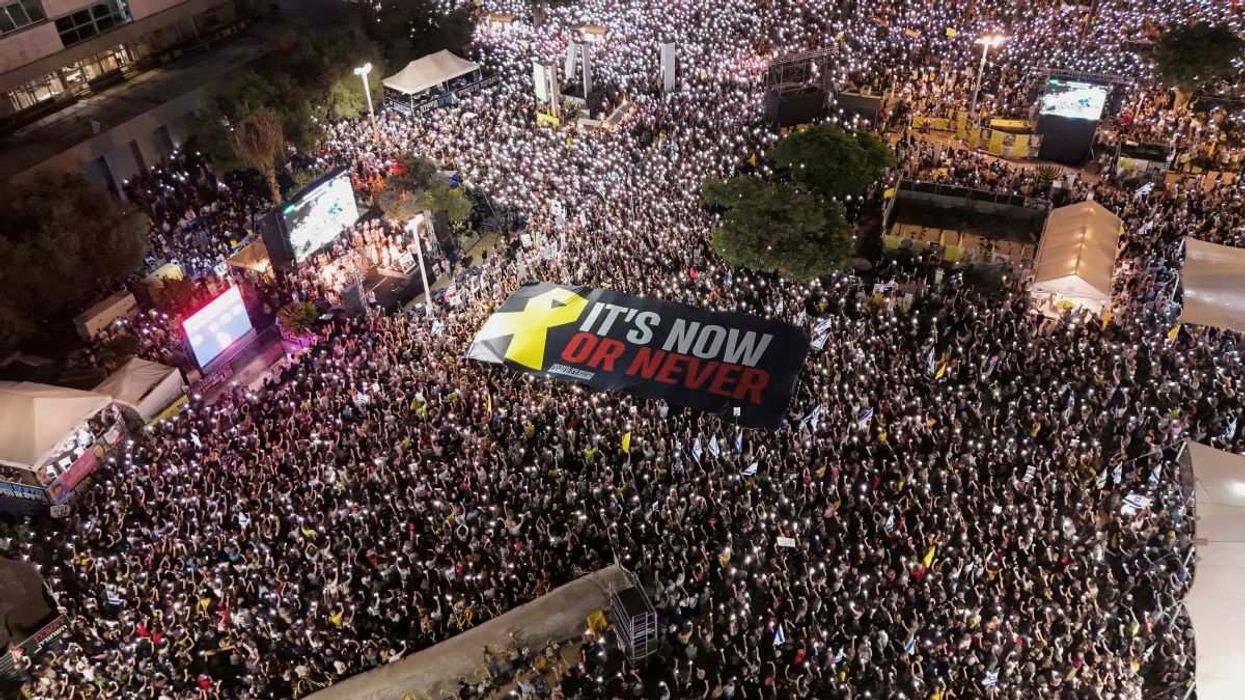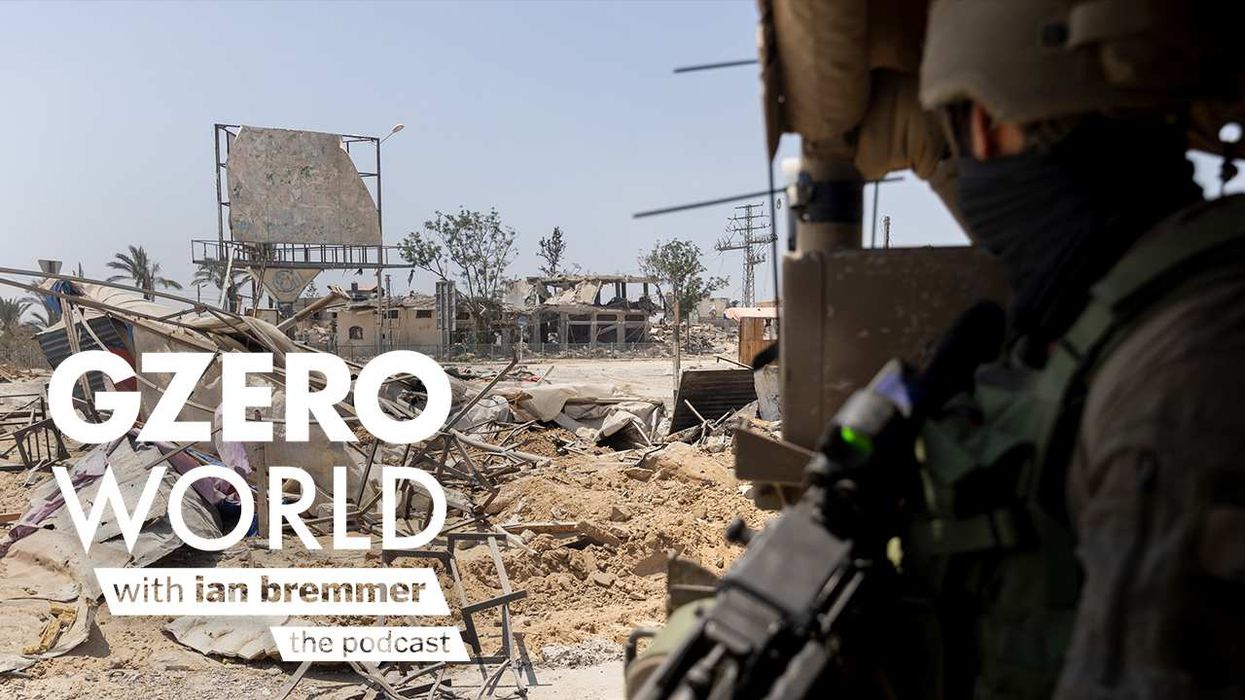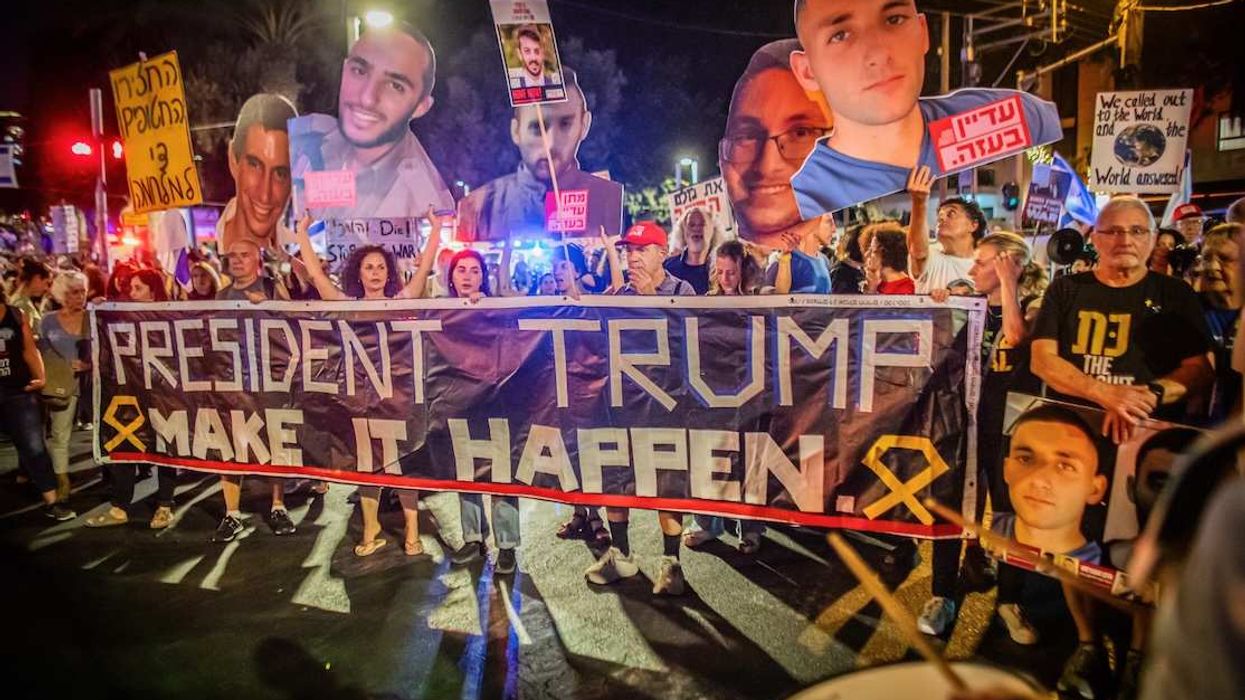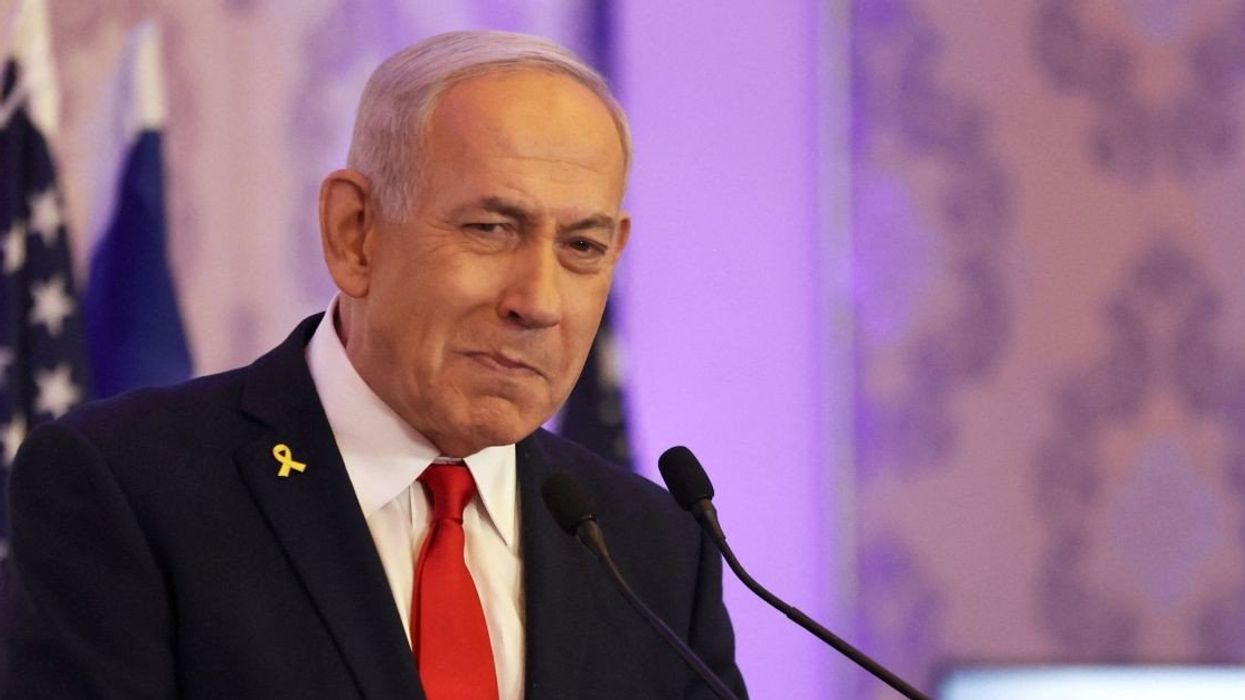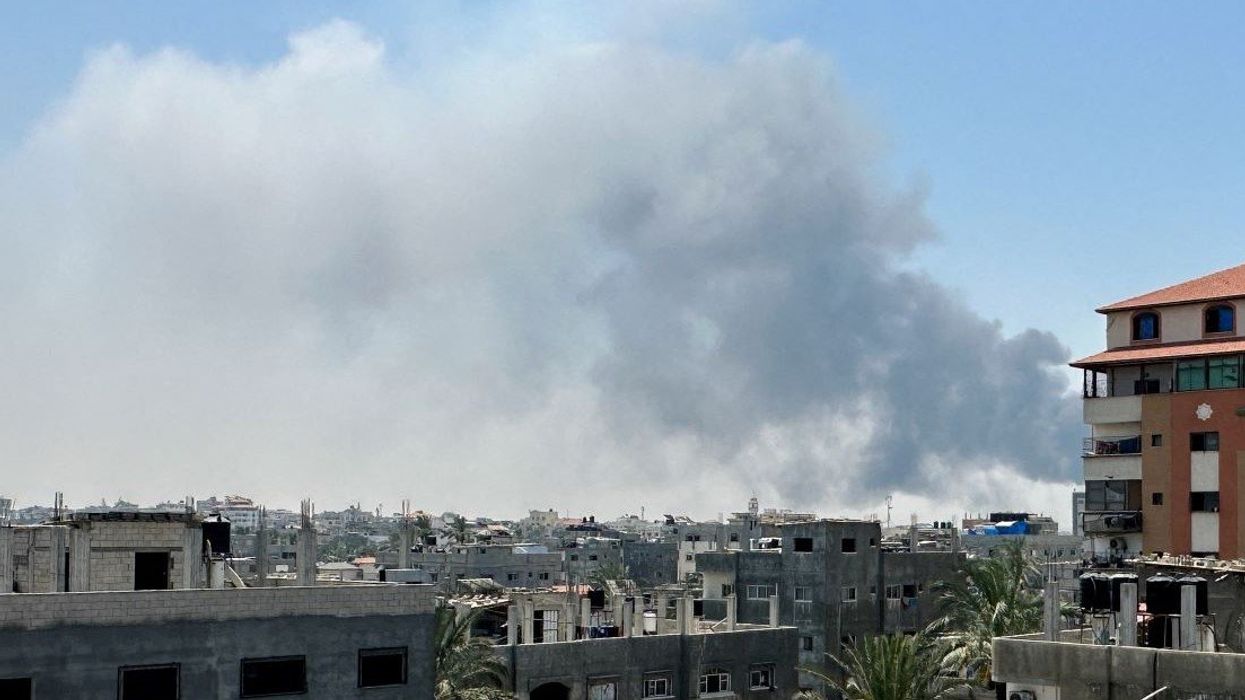What We're Watching
What We’re Watching: Haredi conscription issue threatens Israel’s government again, Xi hosts Macron, Putin visit Modi
Here we go again: Israel’s Knesset is once more considering a bill that would force certain ultra-Orthodox Jewish men, who are part of the Haredi sect, to serve in the military – just like the rest of the country.
Dec 03, 2025

